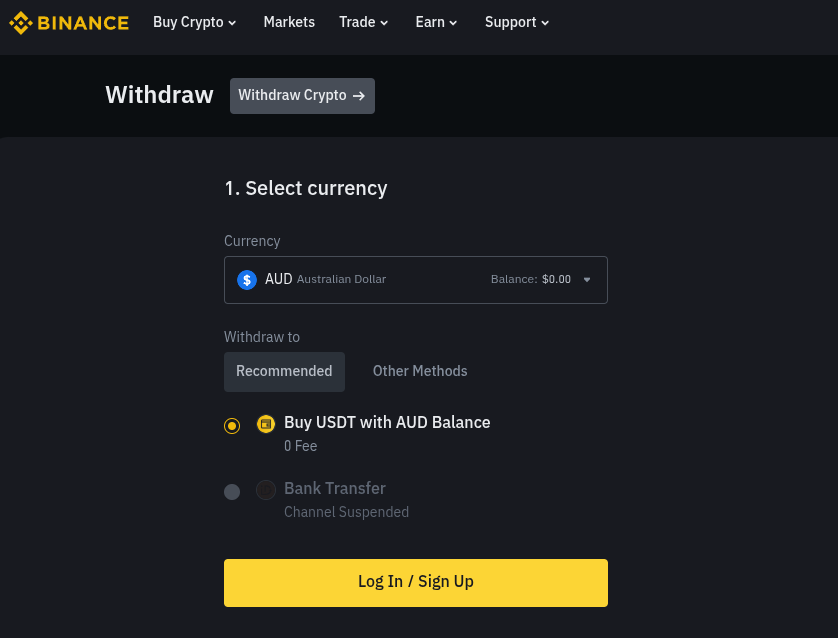
Australian Regulator Tightens Grip on Binance with AML Audit
The crypto landscape is ever-evolving, and with that evolution comes increased regulatory scrutiny. In a move that underscores the growing pressure on digital asset exchanges, the Australian Transaction Reports and Analysis Centre (AUSTRAC) has mandated an external audit of Binance Australia‘s Anti-Money Laundering (AML) and Counter-Terrorist Financing (CTF) controls. This decision signals serious concerns from the regulator regarding the exchange’s ability to prevent financial crimes.

AUSTRAC‘s Concerns: A Deeper Dive
AUSTRAC‘s actions aren’t taken lightly. The regulator, tasked with safeguarding Australia‘s financial system, has identified critical shortcomings in Binance Australia‘s AML/CTF systems. These concerns stem from a broader risk assessment highlighting the vulnerabilities of digital currencies to criminal abuse. Key areas of focus for the audit will likely include customer identification procedures, transaction monitoring, and overall governance structures. Furthermore, AUSTRAC has cited concerns about high staff turnover, a perceived lack of local resourcing, and insufficient oversight from senior management as factors contributing to their decision.
Binance‘s Response and Market Implications
Binance Australia has acknowledged AUSTRAC‘s directive, with the general manager stating the audit is part of supervisory review measures. While not explicitly an enforcement action, the audit‘s implications are significant. It highlights the importance of robust compliance frameworks for crypto exchanges, particularly as they become more integrated into the traditional financial system. The audit could potentially lead to significant changes in Binance Australia‘s operations and compliance practices, which could have ramifications for its users.
A History of Regulatory Challenges
This isn’t Binance‘s first encounter with Australian regulators. The exchange has faced previous legal action from the Australian Securities and Investments Commission (ASIC) over alleged consumer protection failures. In 2023, Binance was forced to suspend Australian dollar fiat money services after its local payment services provider, Zepto, was instructed to cease support. These past incidents underscore the complexity of navigating the regulatory landscape and the importance of adapting to local requirements.
The Broader Context: Crypto Regulation Worldwide
This audit is a microcosm of the larger trend of increased regulatory scrutiny worldwide. Governments are grappling with how to effectively regulate the crypto industry, balancing the need to protect consumers and prevent financial crime with fostering innovation. The Australian government’s actions, like those of other nations, indicate a strong commitment to ensuring that crypto exchanges operate within established financial regulations. The industry must adapt and prioritize robust compliance to maintain its credibility and foster sustainable growth.
What’s Next for Binance in Australia?
The external audit will be crucial in determining the future of Binance‘s operations in Australia. The findings will dictate the need for adjustments to its AML and CTF practices, potentially impacting its operational capabilities within the country. All eyes will be on the outcome, with the implications resonating throughout the global crypto market.


